Advertisement
Aug 28, 2024 By Tooba
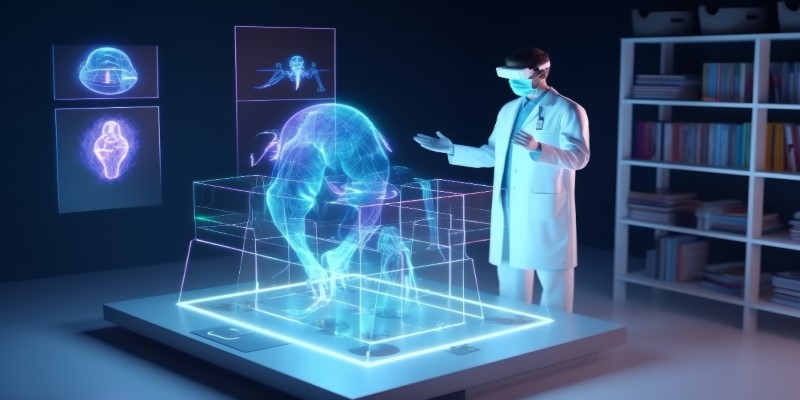
AI is changing how we diagnose diseases in ways we could barely imagine a few years ago. In 2024, the integration of artificial intelligence (AI) in healthcare diagnostics is making medical practices faster, more accurate, and increasingly personalized. Doctors now rely on AI to help identify illnesses early, assist in analyzing complex cases, and even predict potential health risks. But how exactly is AI making these strides in healthcare diagnostics? Let's break it down.
Faster and More Accurate Diagnoses
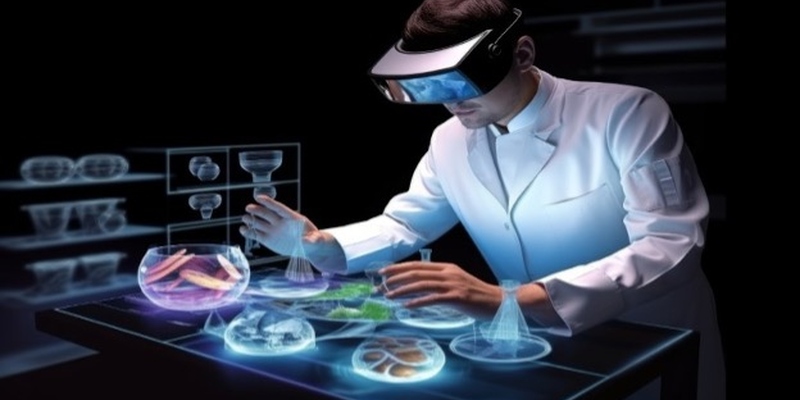
One of the standout advantages of AI is its ability to process and analyze large sets of data quickly. Traditional diagnostic methods often depend on medical professionals' manual reviews of tests and images. AI speeds this up by sifting through data much faster, picking out patterns and anomalies that human eyes might easily miss.
For instance, in radiology, AI-driven software now assists radiologists in analyzing X-rays, MRIs, and CT scans. These AI systems are trained using millions of images, allowing them to detect subtle signs of diseases like cancer, fractures, or infections earlier than ever. Even more importantly, AI reduces the chances of human error, increasing the accuracy of diagnoses.
Personalized Healthcare
AI isnt just about spotting patterns; its also about tailoring solutions to individual patients. In 2024, diagnostics have become far more personalized. AI tools analyze a persons unique genetic makeup, lifestyle, and medical history to predict their susceptibility to specific diseases. Based on these insights, healthcare providers can customize treatment plans suited to that individual, improving outcomes and avoiding one-size-fits-all approaches.
For instance, AI-powered genetic testing helps in the early identification of predispositions to conditions like diabetes, heart disease, or even certain cancers. Knowing this in advance allows for preventive measures or early interventions that could save lives.
Enhanced Imaging and Pathology Analysis
In pathology, AI is helping professionals make sense of complex tissue samples and other biological data more efficiently. Pathologists traditionally examine slides under a microscope, a process thats both time-consuming and prone to human error. AI algorithms, however, can quickly scan through thousands of images, highlighting areas of concern within seconds. This doesnt just speed up the process; it also ensures fewer mistakes, as the software is constantly updated with new learning from vast datasets.
The accuracy AI brings to medical imaging is significant. For example, in detecting breast cancer, AI is proving to be an essential tool in assessing mammograms, reducing false positives and unnecessary biopsies. Such advancements reduce patient stress and save resources while ensuring the right people get timely care.
Early Detection Through Predictive Analytics
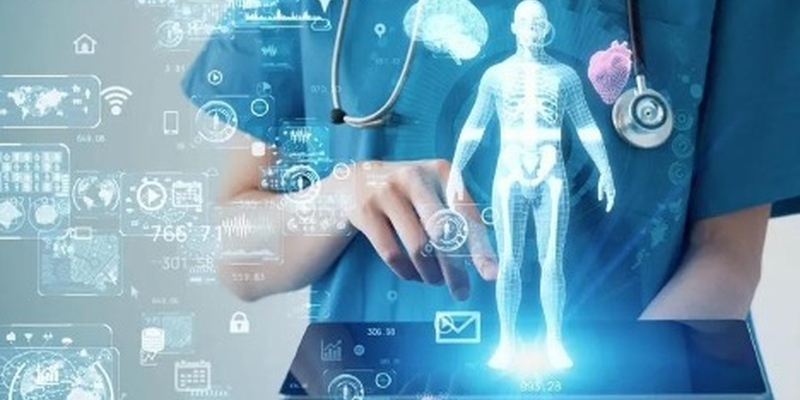
AI is increasingly relied upon for predictive diagnostics, especially in chronic diseases. Chronic conditions like heart disease, diabetes, and kidney disease often have early warning signs that can be easy to overlook. AI tools analyze patient datafrom medical records to wearable devicesand detect trends that might signal the early stages of a disease.
Take cardiovascular conditions as an example. AI algorithms evaluate factors like heart rate, cholesterol levels, and even lifestyle data from wearables, making predictions about potential heart issues before they manifest into more severe problems. This allows for preemptive care, such as lifestyle adjustments or medications that could prevent a major incident like a heart attack.
Assistance in Under-Resourced Areas
One of the most compelling aspects of AI in healthcare is its potential to bridge the gap in regions where access to specialist doctors is limited. In rural or low-income areas, there might not be enough radiologists, cardiologists, or other specialists to provide timely diagnostics. AI-powered tools can act as a first line of analysis, flagging cases that need urgent attention or offering basic diagnostic insights in real time.
In these settings, mobile apps with AI capabilities are transforming healthcare delivery. A smartphone camera combined with AI can analyze skin lesions and eye conditions or even perform rudimentary scans, giving doctors in remote areas the ability to diagnose conditions that would otherwise need a specialist. This democratization of diagnostics is ensuring that more people, regardless of their location, get timely and accurate health assessments.
Reducing the Burden on Healthcare Systems
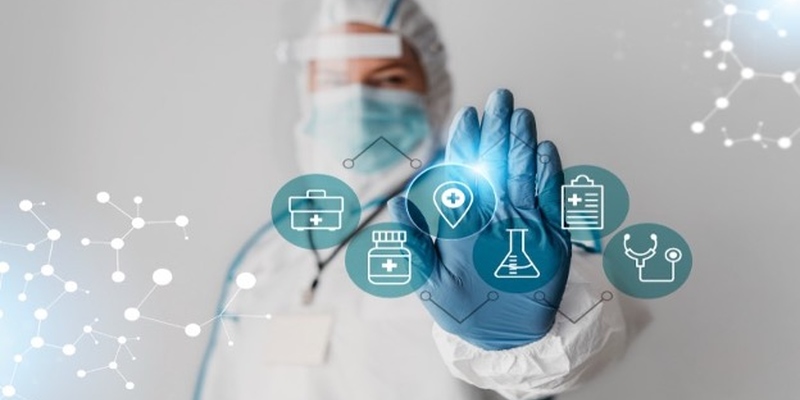
Healthcare systems worldwide have long struggled with resource constraints, especially in diagnostics. The sheer volume of cases in some facilities can overwhelm doctors, leading to delayed diagnoses and overworked staff. AI helps alleviate this burden by automating many tasks that dont require human intervention.
For instance, in labs, AI is used to automate routine blood tests, analyze patient samples, and flag unusual results. This frees up lab technicians to focus on more complex tasks, ultimately speeding up the diagnostic process. AI also supports telemedicine by quickly evaluating symptoms and suggesting potential diagnoses before a patient even meets with a doctor. This pre-screening process saves time for both doctors and patients, reducing bottlenecks in the healthcare system.
Challenges and Ethical Considerations
While AI in diagnostics brings significant benefits, its not without its challenges. Data privacy is a big concern. Patient data is highly sensitive, and AI systems need vast amounts of this data to function effectively. Striking the right balance between data access and privacy remains an ongoing issue.
Moreover, there's always the risk of over-reliance on AI. While AI can provide valuable insights, it must complement rather than replace human judgment. Healthcare professionals still need to interpret results and make informed decisions based on a combination of AI-driven data and their expertise. There's also the question of algorithmic bias. AI is only as good as the data it's trained on, and if that data is biased, the AI could produce skewed results that may disadvantage certain groups of people.
Conclusion
In 2024, AI is not just an add-on in healthcare diagnostics; its a transformative force. From enhancing diagnostic accuracy and speeding up processes to making healthcare more personalized and accessible, the impact of AI is clear. While challenges like data privacy and algorithmic bias remain, the overall benefits suggest that AI-driven diagnostics will become an essential component of modern healthcare, setting new standards for how we detect and treat diseases in the years to come.
-
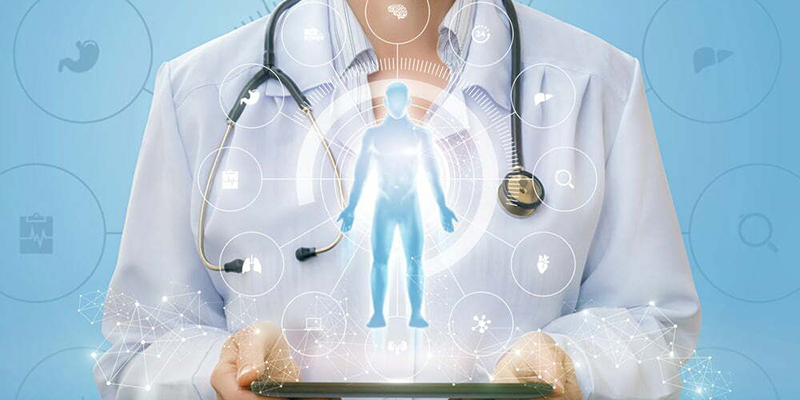
Who Needs to Consider Functional Medicine?
Jan 01, 2000
-

How Does Preventive Medicine Influence Healthy Aging?
Aug 27, 2024
-

Medical Robotics: Transforming Surgeries And Rehabilitation
Sep 09, 2024
-

What Makes Medicinal Mushrooms the Hottest Health Trend?
Aug 28, 2024
-

What Are The Health Benefits Of Medicinal Mushrooms?
Sep 09, 2024
-

The Benefits Of Cold Plunging: Why It’s Trending In 2024
Sep 09, 2024
-
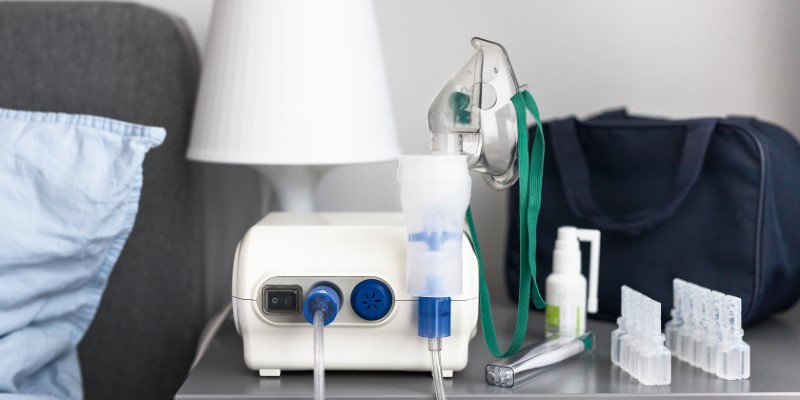
How Can Everyday Gear Perform Medical Tests At Home?
Sep 09, 2024
-

What Are The Benefits Of Personalized Medicine For Patients?
Aug 27, 2024
-

Contrast Therapy: How Alternating Hot And Cold Is Shaping Recovery
Sep 09, 2024
-
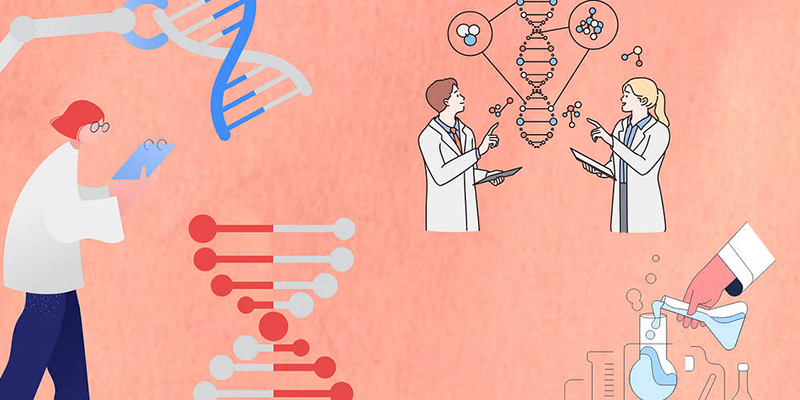
Why Genetic Testing Can Save Your Life
Jan 01, 2000
-

The Importance Of Doctor Recommendations In Consumer Health Decisions
Aug 27, 2024
-

What Are the Benefits of Peripheral Heart Action Training?
Aug 28, 2024
-

Why Are Bodycare Innovations Stealing the Spotlight from Facial Skincare?
Aug 28, 2024
-

Current Legislative And Regulatory Changes In Healthcare
Aug 27, 2024